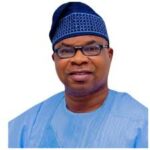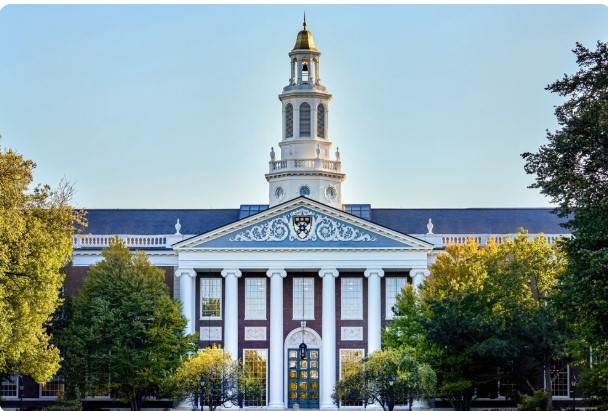Crimes of the transatlantic slave trade ‘unacknowledged, unspoken and unaddressed’
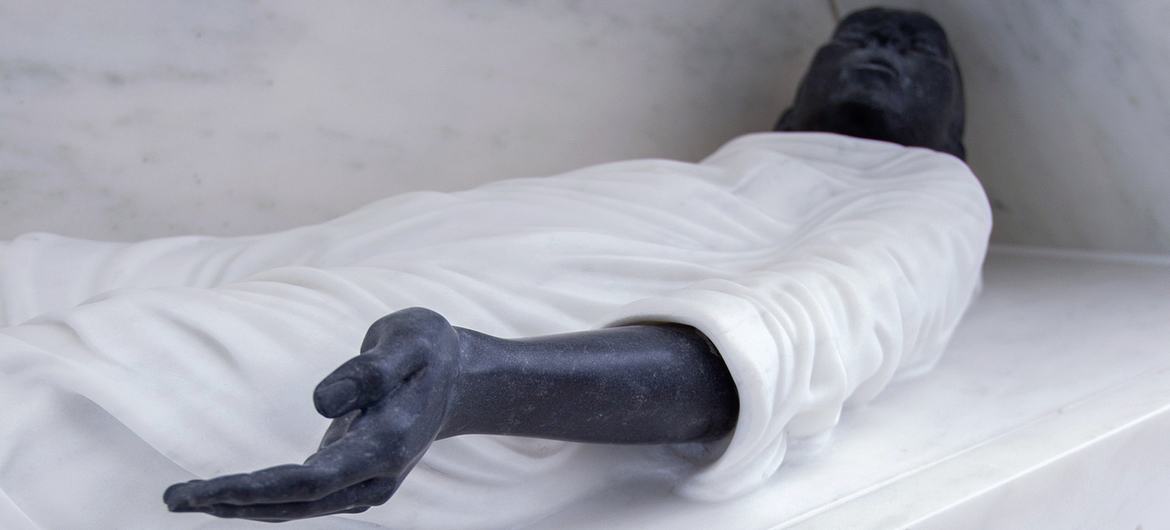
The transatlantic slave trade may have ended centuries ago but its legacy is ever present, the UN Secretary-General said on Tuesday, marking the International Day of Remembrance for its victims.In his speech to the General Assembly, Secretary-General António Guterres cautioned that racial violence, economic marginalization, and systemic racism still prevent people of African descent from thriving.
He urged governments to face reality and, at last, honor the trade's heritage by acting.
“For too long, the crimes of the transatlantic slave trade – and their ongoing impact – have remained unacknowledged, unspoken and unaddressed,” he said, denouncing erasure of history, rewriting of narratives and dismissal of slavery’s intrinsic harm.
“The obscene profits derived from chattel slavery and the racist ideologies that underpinned the trade are still with us,” he added.
He urged governments to face reality and, at last, honor the trade's heritage by acting.
“For too long, the crimes of the transatlantic slave trade – and their ongoing impact – have remained unacknowledged, unspoken and unaddressed,” he said, denouncing erasure of history, rewriting of narratives and dismissal of slavery’s intrinsic harm.
“The obscene profits derived from chattel slavery and the racist ideologies that underpinned the trade are still with us,” he added.
Did you know? You can comment on this post! Just scroll down
Four centuries of abuse
An estimated 25 to 30 million Africans, or roughly a third of the continent's population at the time, were forcibly removed from their homes for more than 400 years. The grueling voyage across the Atlantic claimed the lives of many.
Racist ideals, which still exist today, and money were the driving forces behind the exploitation and suffering, which included families being split apart, entire villages being destroyed, and generations being consigned to bondage.
In 2007, the United Nations declared March 25 to be the International Day of Remembrance of the Victims of Slavery and the Transatlantic Slave Trade in remembrance of those who perished.
Three years after the Haitian Revolution, on this date in 1807, the United Kingdom passed the Abolition of the Slave Trade Act.
Racist ideals, which still exist today, and money were the driving forces behind the exploitation and suffering, which included families being split apart, entire villages being destroyed, and generations being consigned to bondage.
In 2007, the United Nations declared March 25 to be the International Day of Remembrance of the Victims of Slavery and the Transatlantic Slave Trade in remembrance of those who perished.
Three years after the Haitian Revolution, on this date in 1807, the United Kingdom passed the Abolition of the Slave Trade Act.
Liberation from French rule led to the establishment of the Republic of Haiti – the first country to gain independence based on the actions of enslaved men and women.
Forced to pay for their freedom
According to the UN chief, victims of slavery were not given compensation even after it was outlawed, and in many instances, former slaves were made to pay for their release.
For example, Haiti was forced to pay out enormous sums of money to individuals who benefited from its suffering, which put the fledgling country on a course for long-term financial difficulties.
It's not just a day of remembering today. Additionally, it is a day to consider the lasting effects of colonialism and slavery and to fortify our determination to fight against them in the modern era," Mr. Guterres stated.
For example, Haiti was forced to pay out enormous sums of money to individuals who benefited from its suffering, which put the fledgling country on a course for long-term financial difficulties.
It's not just a day of remembering today. Additionally, it is a day to consider the lasting effects of colonialism and slavery and to fortify our determination to fight against them in the modern era," Mr. Guterres stated.
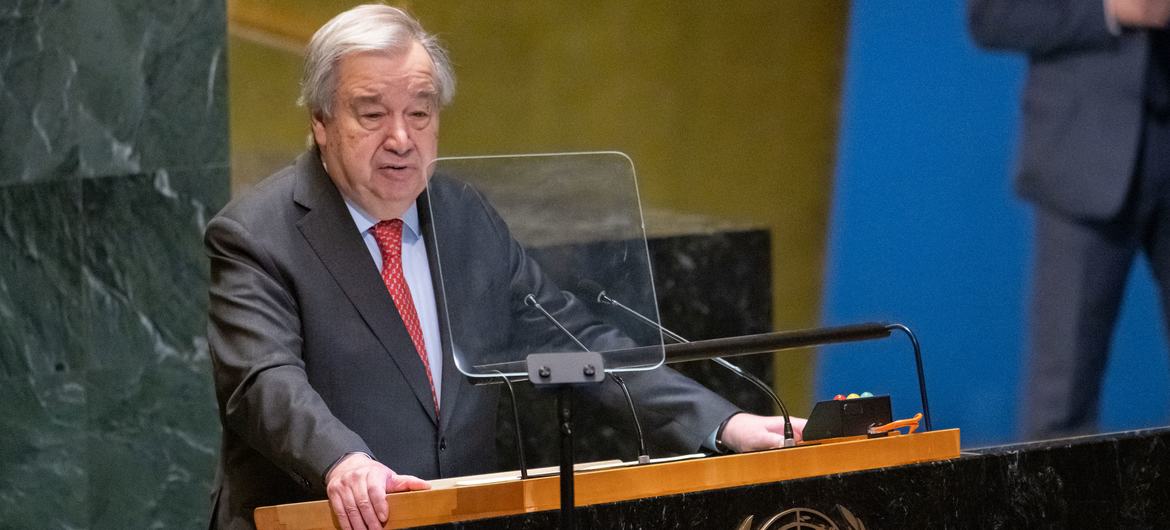
Move forward with resolve
Mr. Guterres urged governments, businesses and civil society to take decisive action against racism and discrimination, urging nations to fully implement the International Convention on the Elimination of All Forms of Racial Discrimination and to comply with their human rights obligations.
“Acknowledging this truth is not only necessary – it is vital for addressing past wrongs, healing the present and building a future of dignity and justice for all,” he stressed.
Stains not easily erased
Although slavery was officially abolished, its legacy endures in racial inequality that spans generations, according to General Assembly President Philémon Yang, who reiterated the Secretary-General's concerns.
He cited persistent inequalities in the criminal justice, healthcare, education, housing, and work sectors as evidence that "the stains of injustice are not easily erased."
He emphasized that in order to remedy these injustices, real legislative measures that guarantee equity and inclusion are necessary in addition to acknowledgment.
Additionally, Mr. Yang emphasized the value of education in addressing these distressing legacies. He emphasized that an informed society is better able to combat prejudice and promote empathy, and he urged for a global effort to incorporate thorough histories of slavery and its consequences into school curricula.
He cited persistent inequalities in the criminal justice, healthcare, education, housing, and work sectors as evidence that "the stains of injustice are not easily erased."
He emphasized that in order to remedy these injustices, real legislative measures that guarantee equity and inclusion are necessary in addition to acknowledgment.
Additionally, Mr. Yang emphasized the value of education in addressing these distressing legacies. He emphasized that an informed society is better able to combat prejudice and promote empathy, and he urged for a global effort to incorporate thorough histories of slavery and its consequences into school curricula.
The Ark of Return
This year’s commemoration also marked the tenth anniversary of the Ark of Return, the permanent memorial at the UN Headquarters in New York to honour the victims of slavery and the transatlantic slave trade, located at UN Headquarters in New York.
Standing solemnly against the backdrop of the East River, the Ark of Return greets world leaders, government officials and the public as they enter UN Headquarters – a white-marble monument to the resilience and resistance of those who endured the horrors of slavery.
Designed by Haitian-American architect Rodney Leon, it also educates future generations about the ongoing dangers of racism and exclusion.
A living monument to memory and justice
Nobel Laureate Wole Soyinka (Literature, 1986) also address the commemoration in New York, having paid his respects at the Ark of Return.
Acknowledging the significance of the monument and its prominence at UN Headquarters, Mr. Soyinka urged world leaders to go further by transforming static monuments into living, evolving spaces that not only honour the past but propel humanity toward justice.
“It is impossible to quantify reparations for such a global atrocity,” he said, emphasising the power of symbolism.
He proposed another expression of remembrance dubbed the “Heritage Voyage of Return”, which would trace the paths of the transatlantic ships, stopping at historic ports of enslavement along the West African coast and beyond.
This Voyage, he suggested, could serve as a living exposition – housing repatriated African artifacts, hosting cultural exhibitions and creating spaces for education, dialogue and artistic expression.
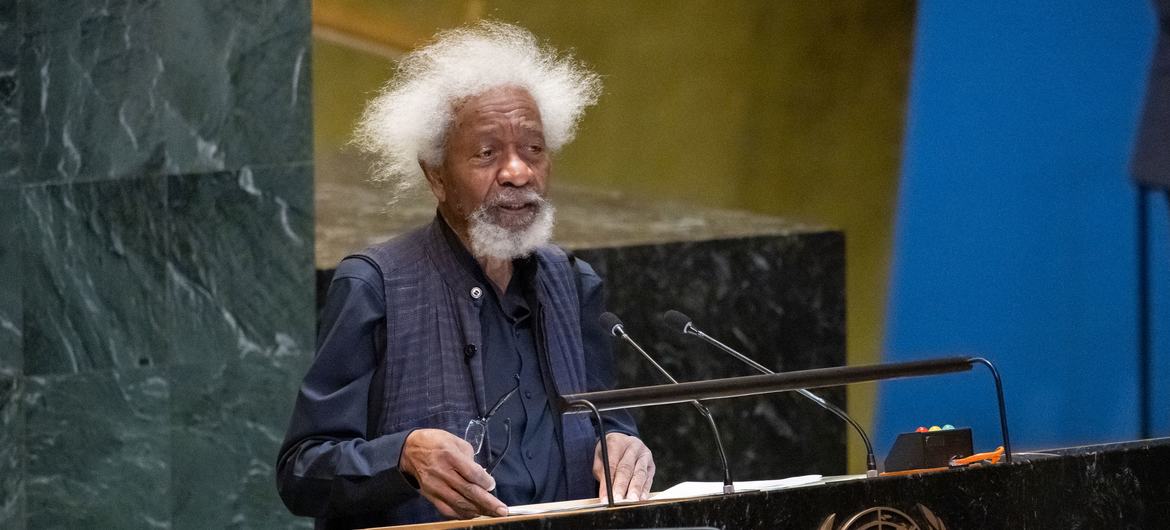
Turn the tide, flip the phrase
At the Commemoration, a young American poet named Salome Agbaroji also spoke and encouraged those of African origin to share their "full and true" tales.
Reclaim our personhood and our stories by turning the tide and changing the phrase. Your value is found in the vitality of your culture and innovations, not in the human labor you supply," she remarked.
She asked for more funding for educational initiatives that educate and empower youth, echoing Secretary-General António Guterres' focus on the need to recognize the atrocities of slavery and debunk myths.
Reclaim our personhood and our stories by turning the tide and changing the phrase. Your value is found in the vitality of your culture and innovations, not in the human labor you supply," she remarked.
She asked for more funding for educational initiatives that educate and empower youth, echoing Secretary-General António Guterres' focus on the need to recognize the atrocities of slavery and debunk myths.
Article Posted 2 Months ago. You can post your own articles and it will be published for free.
No Registration is required! But we review before publishing! Click here to get started











